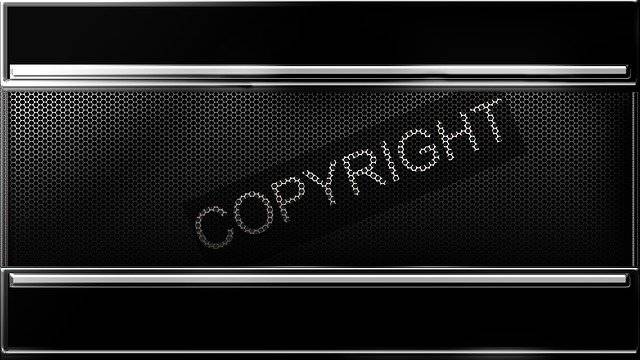Hello readers, 2016 has been a year full of exciting changes. Almost too many. In this post and subsequent posts we will bring to you events that made headlines in the field of copyright law.
- Plan to block copyright.in by the Government
In October of this year, the government took notice of a website called copyright.in, with the government stating that the website was a misrepresentation of the official website of the Copyright Office. This has been referred to relevant authorities by the Department of Industrial Policy and Promotion. It urged those who wished to obtain copyright registration to desist from applying for registration through dubious websites such as copyright.in.
- Petition filed against the maker of Thoppil Joppan alleging Copyright Infringement
A producer filed a petition against the makers of Thoppil Joppan, a Malayalam film, claiming copyright infringement. The producer claimed that the makers of Thoppil Joppan had sold the copyright of the film to him. However, the film was released as scheduled.
- IPRS v. Aditya Pandey
The case, which was decided in September, revolved around the issue of whether radio stations that were broadcasting songs were required to pay royalty to the owners of the sound recordings or whether they were required to pay royalty to the lyricists or the owners of the musical scores that were used in the sound recording.
The rights of the lyricists and composers were partly extinguished by virtue of this judgment. Prior to this judgment, the rights of the lyricists and composers of musical scores were considered as being independent of the rights of the owner of the sound recordings. According to this judgment, delivered by Justice Prafulla C. Pant, the Supreme Court, affirming the decision of the Division Bench of the Delhi High Court, the lyricists and composers would not receive royalty for sound recordings that were broadcasted by radio stations if such sound recordings are a part of the cinematographic film. However, it was clarified that this was to be the case only with cinematographic films and not with respect to non-cinematographic sound recordings.
- Fair Use of ICSE/ ISC Examination Question Papers
In a Delhi High Court decision, the question of whether examination question papers could receive copyright protection was discussed in September. However, the order vacated an injunction against the publisher, asking the trial court to consider the injunction application anew. The questions that arose were to do with the sweat of the brow and modicum of creativity test, the doctrine of merger, defences such as fair use etc.
- Statutory Licensing Scheme and Online Broadcasting
The Department of Industrial Policy and Promotion, issuing an office memorandum in the month of September, brought online broadcasting within the scope of the Copyright Act. The memorandum provided for online broadcasting to fall within the scope of S. 31D(3) of the Copyright Act, which speaks of differential rates of royalty for radio broadcasters and television broadcasters. The DIPP has decided to widen the scope of the section by bringing online broadcasters within the purview of the section. Broadcasters, including online broadcasters due to the memorandum, must obtain statutory licenses from right holders.
- Constitutionality of the Copyright Board
The Madras High Court, in an important step, upheld the constitutional validity of the Copyright board, in a decision that was delivered in September of 2016. The decision pertained to the adjudicatory independence of the Copyright Board, the eligibility of technical members, as well as well as the constitutional validity of the compulsory licensing scheme.
- Dispute between TataSky and Youtube
Revolving around Section. 66 of the Information Technology Act and s.65A of the Copyright Act, the suit filed by TataSky pertained to Technological Protection Measures provided for in the Copyright Act. The dispute in this case arose due to a video posted on Youtube, the popular video sharing website, where the uploader of the video taught users of TataSky how to circumvent the Technological Protection Measures taken by TataSky to prevent hacking of their set top boxes so that users may have access to HD channels which they have not subscribed to. Ultimately, the Delhi High Court issued an absolute injunction in TataSky’s favour in the month of August.
Authored by Malavika Parthasarathy
Sources:
www.spicyip.com
https://www.bananaip.com/sinapse/
www.scconline.com
http://judis.nic.in/
www.indianexpress.com
http://www.medianama.com/
http://www.wire.in/
http://www.livemint.com
http://www.broadcastandcablesat.co.in
http://barandbench.com
http://www.firstpost.com/
http://www.livelaw.in
Image Source : here, the image is in public domain.



